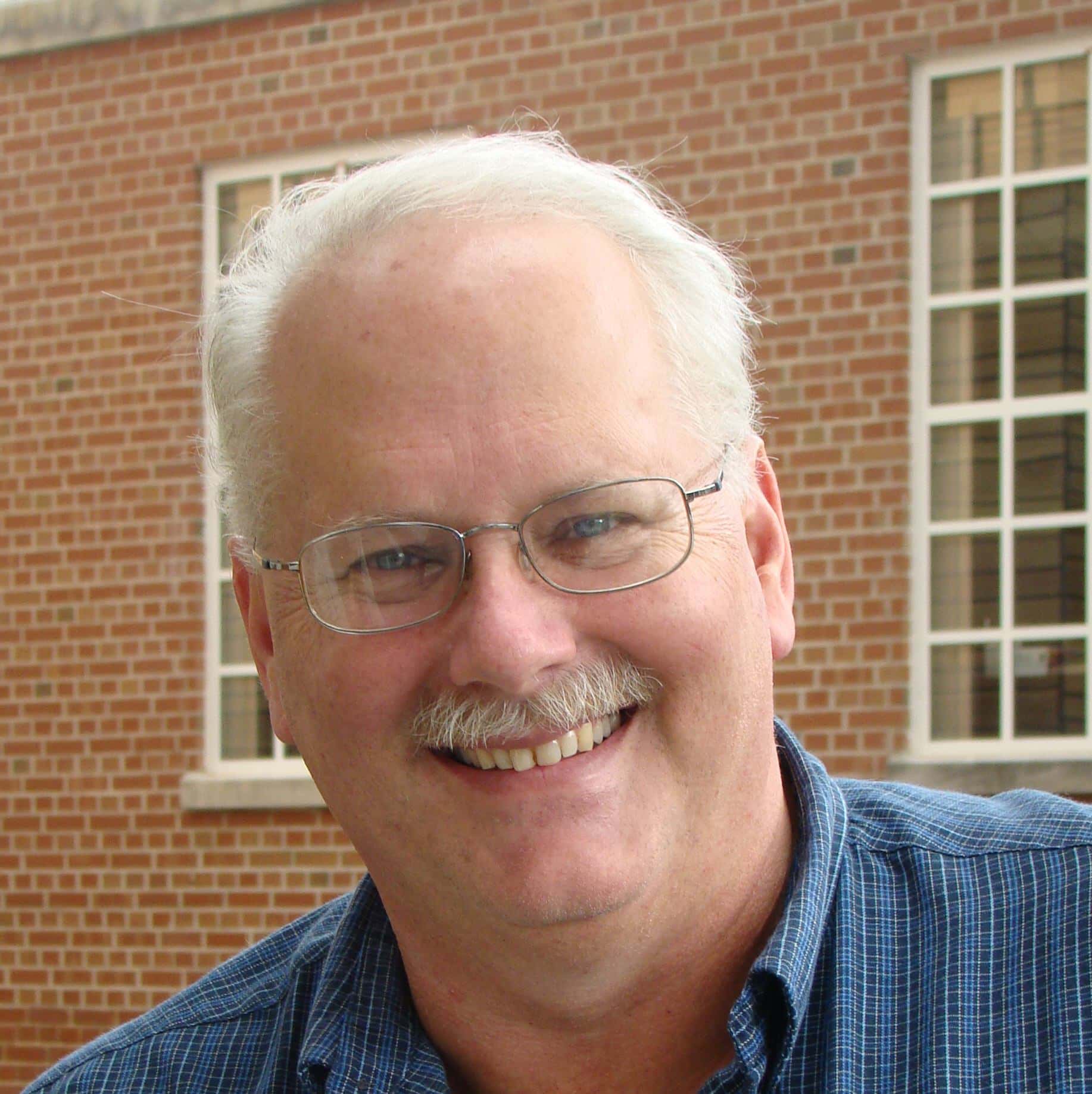
The Coronavirus Hunter Gives You an Update
Back in May, 2020, we spoke with a scientist known internationally as the coronavirus hunter. Dr. Ralph Baric has been studying coronaviruses for more than three decades. He was involved in the early research on some possible drugs to treat people with COVID-19. Five months is a short time under normal circumstances, but the pandemic means that nothing is quite normal. In this episode, the coronavirus hunter gives you an update. Is this pandemic proceeding as scientists anticipated?
Will COVID-19 Infection Have Long-Term Consequences?
It’s really too early to determine what all the long-term consequences (called sequelae; you’ll hear us say “sick-KWELL-ee”) of this viral infection might be. There is a chance that some people will suffer for months or potentially even years, because we are already seeing individuals who no longer have the virus but are not yet recovered. Problems with lungs, blood vessels, the heart, the digestive tract and the brain are all showing up.
Can People Become Re-infected with COVID-19?
We asked the coronavirus hunter to give you an update on whether people can catch this virus repeatedly. At the time of our interview, one well-documented case of re-infection with COVID-19 had been documented. A 33-year-old man in Hong Kong had tested positive for SARS-CoV-2 in March. Recently, he tested positive again after returning from Europe. When scientists analyzed the viral sequence from both infections, they found enough differences to indicate he actually caught a different strain of the virus. It was not the original infection re-appearing. This raises questions about how much protection people will get from previous infection or even from vaccination.
Since then, a few other cases of re-infection have surfaced. However, most people who have recovered from COVID-19 do not appear to be very susceptible to another infection.
Can We Reach Herd Immunity?
Have you been hearing about herd immunity? That’s when enough people have become immune to the virus either through vaccination or by recovering from infection that it can’t easily skip from one person to another. Scientists will need further research to determine what proportion of the population needs to be vaccinated to achieve herd immunity. Until we reach that point, we will need to use all of our tools to limit the spread of infection, including hand washing, distancing, avoiding crowds and wearing masks as well as getting vaccinated.
What Treatments Offer Promise Against COVID-19?
Dr. Baric discusses several promising treatments. Doctors are already using remdesivir to treat sick hospitalized patients. It helps them leave the hospital sooner. In a similar vein, physicians are giving convalescent plasma from recovered patients to reduce the chance that a hospitalized patient will die from COVID-19. Plasma contains neutralizing antibodies that help slow the viral attack.
Dr. Baric collaborated on the development of one drug, EIDD 2801, that is given as a pill rather than an injection. It is still in clinical trials. Another interesting treatment possibility comes in the form of monoclonal antibodies that are also still under investigation.
This Week’s Guest:
Ralph Baric, PhD, is the William R. Kenan, Jr. Distinguished Professor in the Department of Epidemiology and Professor in the Department of Microbiology and Immunology of the University of North Carolina at Chapel Hill. He is a Harvey Weaver Scholar from the National Multiple Sclerosis Society and an Established Investigator Awardee from the American Heart Association. In addition, he is a World Technology Award Finalist and a fellow of the American Association for Microbiology.
He has spent the past three decades studying coronaviruses and is responsible for UNC-Chapel Hill’s world leadership in coronavirus research. For these past three decades, Dr. Baric has warned that the emerging coronaviruses represent a significant and ongoing global health threat, particularly because they can jump, without warning, from animals into the human population, and they tend to spread rapidly.
Listen to the Podcast:
The podcast of this program will be available Monday, September 7, 2020, after broadcast on September 5. In the podcast, Dr. Baric discusses noroviruses and what they can teach us about pandemics. The show can be streamed online from this site and podcasts can be downloaded for free. CDs may be purchased at any time after broadcast for $9.99.

